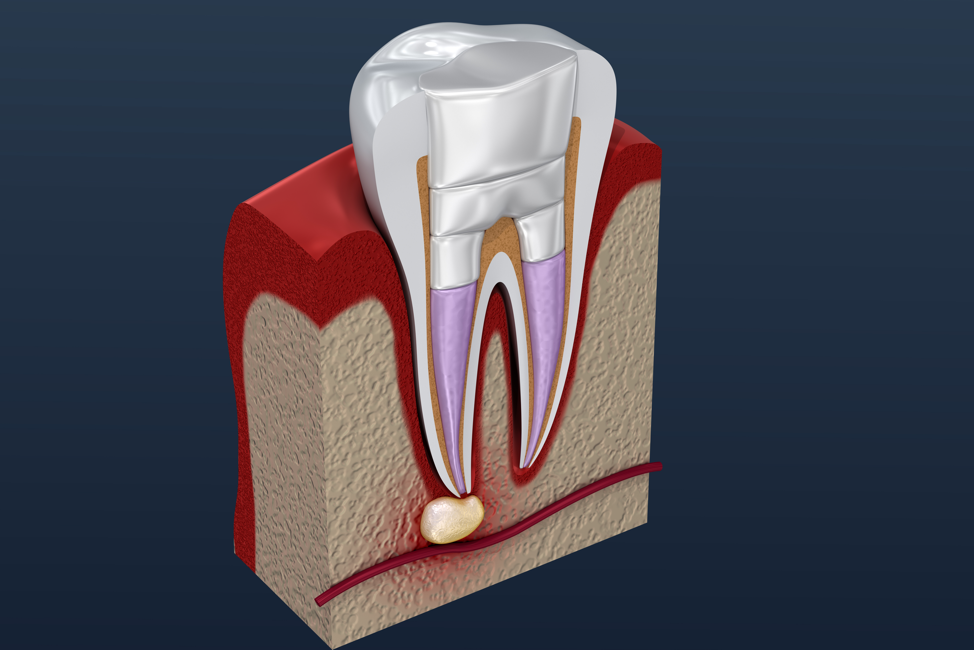
08 Jun Undergoing a Root Canal in Evanston, Illinois
There are a variety of different dental health conditions, each of which can be corrected by specific approaches and procedures. One of the most common dental procedures is the root canal, which is used to relieve the pain of decayed tooth pulp.
Looking to learn a little more about root canals in Evanston, Illinois? This article has you covered.
When is a Root Canal Needed?
A root canal becomes necessary when the pulp of a tooth becomes disturbed. The pulp of the tooth exists within its root and it can become damaged due to cracks, excessive tooth decay, and infection.
There are a variety of vital tooth components connected to the pulp. These include blood vessels, connective tissue, and nerves. Damage to any one of these components can also result in damage to the tooth pulp.
To avoid a root canal, you should brush and floss regularly, and visit your dentist at least two times per year. You should also avoid eating an excess amount of sugars and starches.
Signs You Might Need a Root Canal
The most typical signs that you might require a root canal are swollen gums and extreme tooth pain. Generally, when a patient is in need of a root canal, he or she will know that something is wrong, but will not know exactly what the problem is.
In most cases, patients won’t know that they need root canals until their dentist has diagnosed the problem. This is why it’s important to visit your dentist regularly.
What Happens During a Root Canal?
As far as dental procedures go, root canals are fairly common. During a root canal procedure, your dentist will remove the decayed pulp from your affected tooth and replace it with an inert material known as gutta-percha.
The procedure begins with the administering a local anesthetic. This anesthetic will numb your mouth in order to make the procedure more comfortable.
Once your mouth has been numbed, an access opening will be made in the affected tooth. This is done so that your dentist can remove the problematic tooth pulp
Next, your dentist will insert the gutta-percha, capping it with a seal to temporarily hold it in place. Then, at your next appointment, your dentist will remove the temporary cap and prepare the tooth for a crown.
What is the Recovery Period Associated with a Root Canal?
Once the root canal procedure has been completed, the painful tooth will feel immediate relief. Some people may experience minimal discomfort from the procedure itself.
To minimize any discomfort after your procedure, there are a few different things you can do. Most individuals will benefit from some type of over-the-counter pain medication. Your dentist will let you know about the types of pain medication you should choose.
It’s also recommended that you avoid hard foods, as they will cause a great deal of resistance against your affected tooth. This resistance can result in discomfort.
Looking for a Dentist in Evanston? In need of a Root Canal in Evanston?
Think you might have a need for a root canal? Looking for the right dentist near Evanston, Illinois? Dental Innovations has you covered. We team up with skilled root canal specialists and will be able to guide you through the process from start to finish.
Headed by Dr. Thomas E. Murray, we aim to create a comfortable and inviting environment for our patients. Whether you’re in need of a root canal or are just in need of checkup, we will do everything we can to make your experience a positive one.
Contact us today to schedule an appointment with Dr. Murray!


